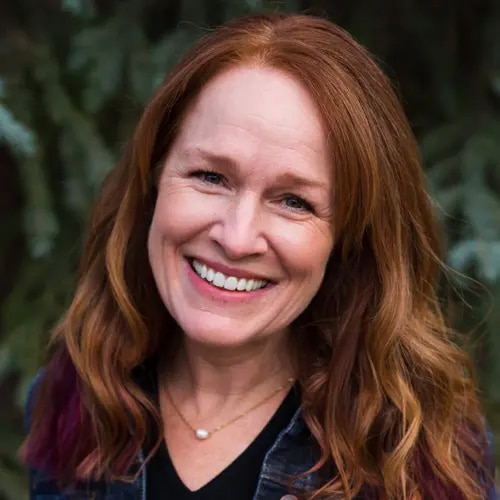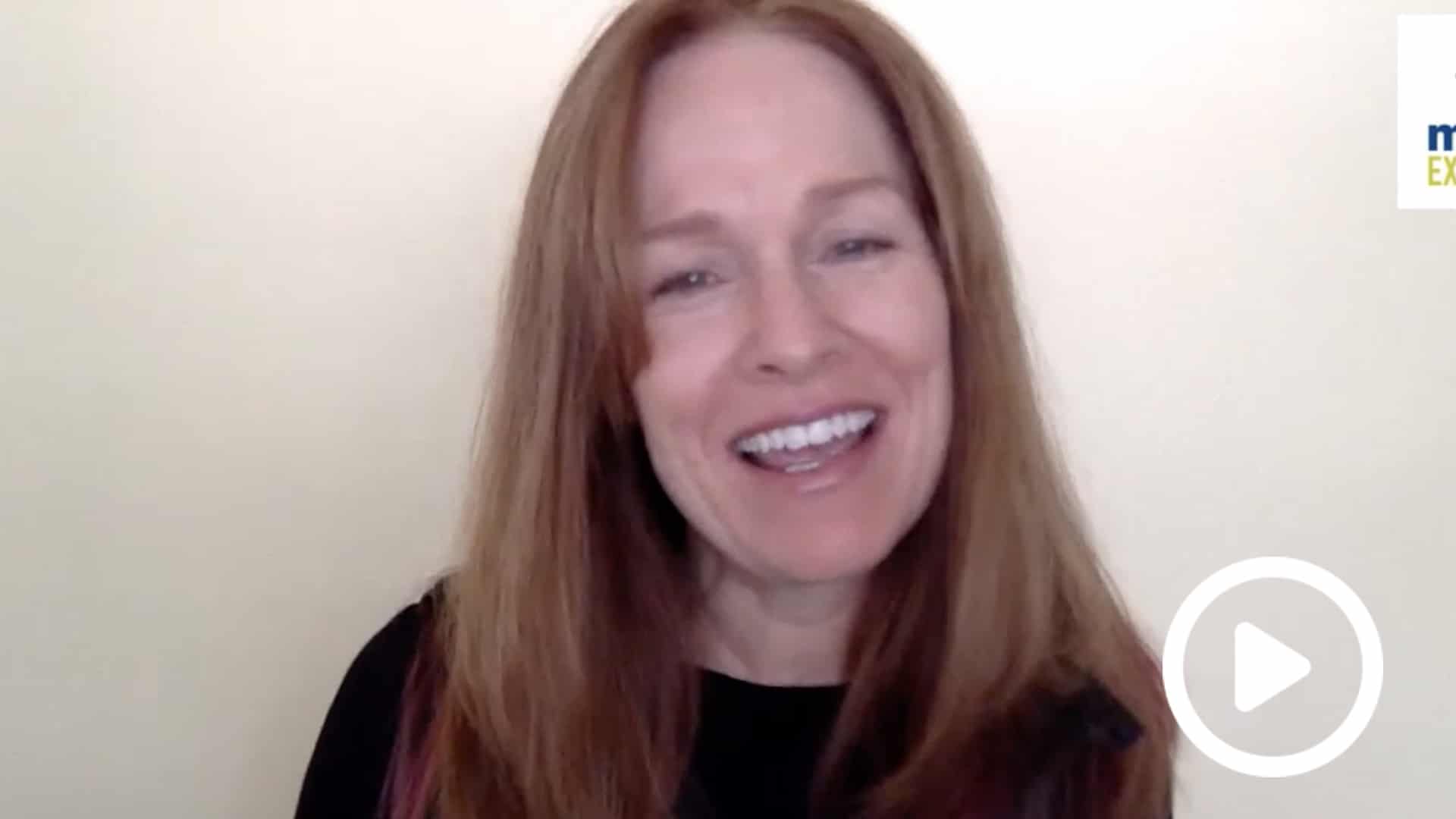Click here or image above to play video.
Video Transcript
Hi everybody, Thanksgiving is just around the corner and I know from having talked to quite a few people, it’s leveling up the anxiety quite a bit. So we wanted to give you just some real quick tips around how to bring a side of inclusion to the Thanksgiving table.
A First Step of Inclusion
First, let’s just recognize how fraught with hardship Thanksgiving is from a historical context. I actually have come across an app that I love that’s called Native Land. You can pull up where you are and it will show you which land that you are sitting on. So for example, if I’m in Colorado where I’ll be celebrating Thanksgiving with my family, I can pull up and acknowledge with my family that we are on Cheyenne and Arapaho land. It’s a nice way to start and just acknowledge the past and bring that first piece of inclusion to the Thanksgiving table.
Those Uncomfortable Thanksgiving Conversations
So inclusion and belonging really start in the home. What we allow to happen, what we allow to be said, the behaviors, the beliefs that are expressed in our homes ripple out into the world. So to ignore or allow behavior that’s either racist, or ableist, or homophobic, or all the isms that are out there is then to implicitly say, “I agree with that”. When you’re questioning, “Is it even worth going there?” The answer is, “Absolutely yes”.
You might not want to go there with your drunk, racist uncle, but you do want to have the conversation afterward with even maybe your nieces, your cousins, the other people to say, “You know what, that’s not okay. I didn’t go there with him because I wasn’t going to change his mind and he’s had too much to drink, or whatever it might be”. The important thing is to know when to choose the battles, know when to go there.
When and How to Approach
Understand that if people are entrenched in ableism, or racism, or homophobia (those are the three that I’ll use in this series) you’re not going to change their mind. So oftentimes there are going to be the conversations after the conversation where those people that are still, you know, deciding what’s the norm in this family and what they believe. Those conversations can have a really high impact. If we were just shove it under the rug, we’re saying that it’s okay.
I would also approach these from the psychological safety, making sure that it’s not like, “You’re a dumb, racist homophobe”, right? Then we just pick our battlegrounds and nobody gets anywhere versus, “Gosh, you know we have so much to learn in this space, and so many times we do things or say things that we don’t even recognize as undermining another group or marginalizing another group. You know, when you said X, this is the impact of that”. Then share some examples in your own past where you learned something where you used to say or do something but now you know better.
I think there’s also, when you are in the situation where you’re facing down the racist, the homophobe, the ableist; let’s say somebody tells that joke, what people will often do is either be silent or some sort of fake laugh. Instead, put that back on the person and say, “I don’t get it. Like, explain that to me” and they’ll be like, “No” and you’re like, “No. No, I don’t get it.” And in that instant that really puts them back on their heels. They really have to either explain or walk away, and you’ve drawn the line in the sand on those overt instances where look, it’s like, “It’s not okay.”
And that’s actually the second thing that you can do too in those instances, to say, “That’s not okay, that’s not how we behave in this family,” and leave it at that. If they’re, like, “No, no, no,” it’s, like, “Nope. That’s not okay. That’s not how we behave, it’s not what we believe, we respect all people, and that behavior’s not okay here”. So, pick your battles, know when and how to go there, but always go there. It might not be directly with that person. Think about the people that are still forming their opinions, those are the folks that you want to go back and say, “You know what? When this happened, it wasn’t okay. Here’s what we know to be true about that. I wasn’t going to try to convince Uncle Bob because, you know, he’s set in his ways, but I do want to have a conversation with you about that and what the impact is.”
To Recap
For the less tense situations, frame it with psychological safety like: we’re all learning, we’re all growing, and, “Gosh, did you know these things?” We all want to be good people, we all want the same things for our families. How can we be a part of creating that in the world as a family? For the overt stuff where you are willing to go there, it’s, “Oh, explain that to me, I don’t get it,” and, “We don’t say that here,” or, “We don’t do that here.” The other thing to do is have a buddy. Somebody that, you know, if you start to have that amygdala hijack, they can help you exit the steam with grace and come back in when you need to.
And the other, really tangible way, is to use that mindful breathing so that you don’t get the amygdala hijack, just to stay calm and centered, and to remember that this matters, that what happens in our homes is actually what happens out in the world. So your voice might shake and you might be scared, but it matters for creating a more inclusive world. So I hope you can bring a side of inclusion to the Thanksgiving table. Everybody practice your gratitude. Acknowledge… again, the app is Native Land. It’s free. You can download it. And acknowledge the land on which you’re celebrating, and happy Thanksgiving, everybody.

Maureen “Mo” Berkner Boyt, is the moxie behind The Moxie Exchange. She is a thought-leader in DEI and has brought the most innovative product in the space to market. Maureen has spent over 25 years helping organizations grow by creating inclusive workplaces where talented people can thrive. People around the world are using the tools she created to build diverse and inclusive cultures in their organizations. Maureen holds a Master’s Degree in Organizational Development and is a published author and frequently requested speaker, teaching top organizations how to improve their bottom line by expanding their footprint in DEI. Her Disrupt HR Talk, Hack Your Biased Brain, is one of the most popular talks of the movement. Mo is a natural leader, entrepreneur, and dynamic educator who is an expert on getting people to think big, take action and move the dial on driving results for themselves and their teams.

